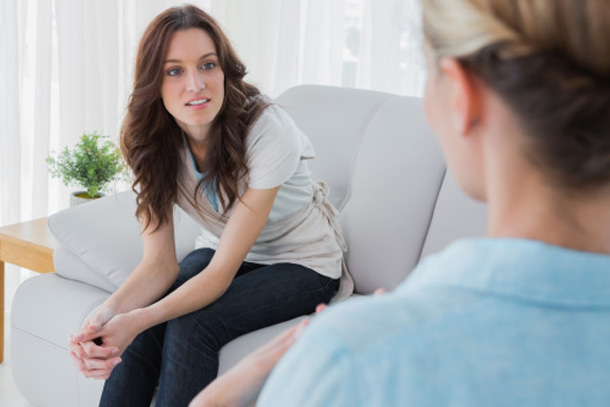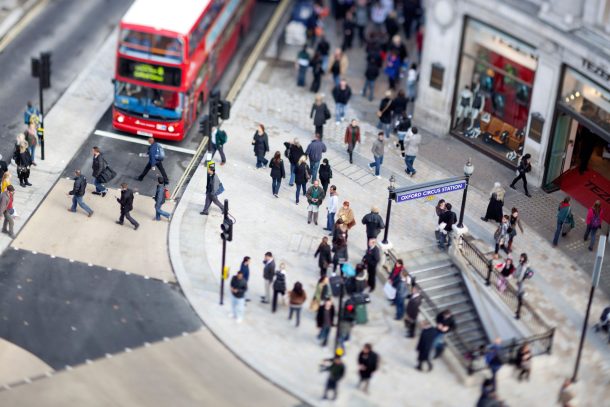
What is anxiety?
Anxiety is an emotion we all feel at times. It is our bodies’ natural way of telling us that we are in circumstances where we need to take care.
Mild anxiety can be helpful, keeping us alert in situations like exams and job interviews, but for some people anxiety becomes debilitating. They can become anxious about things that other people do not, and which they themselves may have previously found easy.
Common forms of anxiety
People can suffer from general anxiety, where they feel anxious about many different things, or a specific anxiety, such as:
- social anxiety – worrying about social situations and what people might think of you or whether you are going to embarrass yourself
- health anxiety – worrying that you have, or are about to get, a serious health condition
- post-natal anxiety – worrying that your baby is in danger.
Anxiety is often accompanied by distressing physical symptoms, such as sweating, blushing or panic attacks. Someone having a panic attack might experience symptoms such as a racing heart and difficulty breathing. The panic can be made worse by the thought that the person might be about to faint or die.


What causes problematic anxiety?
Some people seem to be more predisposed to problematic anxiety than others. You are more likely to suffer from anxiety if you have a parent who is anxious, though it’s not clear whether there’s a genetic link or we learn to be anxious from our parents. You are also more predisposed to anxiety if you had a difficult childhood, for example experiencing abuse, trauma or bullying.
Difficult life events, such as bereavement or losing your job, can then trigger problematic anxiety in people who are predisposed to it.
A cycle can develop when a person avoids the situations that make them anxious. Avoiding the situation gives them short-term relief from the anxiety but it also reinforces the belief that the situation is dangerous to them. That makes them more anxious in the long run.
How can anxiety counselling help?
Anxiety is one of the most common reasons people seek psychotherapy and counselling. In the UK, approximately 16 per cent of women and 9 per cent of men experience anxiety problems every year.
Your therapist will help you to understand your anxiety: what underlies it, how it is triggered and how you can reduce anxiety over time.
Many people with anxiety feel anxious about starting counselling. Our therapists will understand and help you to feel comfortable. To make an appointment, please get in touch.

Anxiety can have a debilitating effect on many aspects of life and can lead to physical health problems.
Making your first appointment
Appointments are available Monday to Friday from 7.30 am until 8.30 pm and on Saturdays and Sundays from 7.30 am until 7.30 pm.
Our therapists
Our therapists are in the final stages of their psychotherapy training. If you would prefer to see an experienced, fully-qualified therapist instead, please visit our partner practice One Therapy London where you can check availability and book your first appointment online.

Please use our enquiry form below and we will respond shortly
There are a number of ways to get in touch
Face2Face London
63-64 Margaret Street
London
W1W 8SW
Telephone : 0333 207 6880
Email : hello@face2face.london
Online
To book your first appointment with us, complete our online booking form and we will contact you shortly.
If you prefer to speak with us, you can call us between 9:00am – 12:30pm Monday to Friday.
Appointments available
Mondays to Fridays 7.30 am — 8.30 pm
Saturdays and Sundays 7.30 am — 7.30 pm

